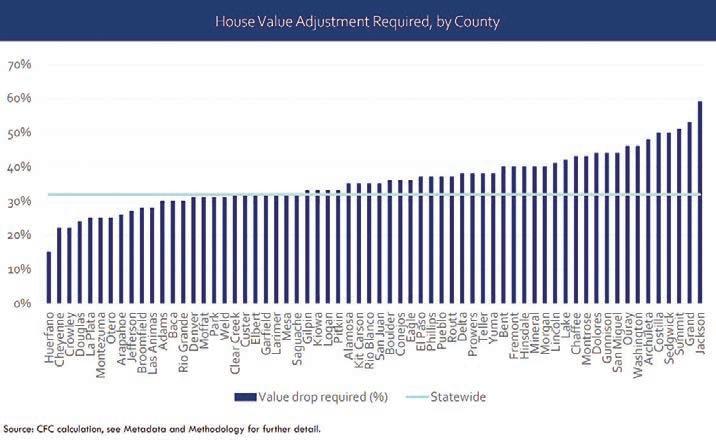
1 minute read
MISSING MIDDLE
homeowners to still build equity and eventually move into market-rate housing.
“What we nd is that a homebuyer is able to get into homeownership at a price point that works for them and they then are able to build equity,” she said “It’s really a steppingstone for people who are trying to get into homeownership and bene t from the equity homeownership allows households to build. But it also means that it’s not the kind of thing that happens for one family only.”
One of Colorado’s largest land trusts, Elevation Community Land Trust, which serves Denver, Boulder, Aurora, Longmont and Fort Collins, has created 700 a ordable homes and served around 2,000 residents in its rst ve years of operating.
Rodney Milton, a board member for the Elevation Community Land Trust and executive director of the Urban Land Institute, said another bene t to having shared land is it helps to prevent displacement and keeps communities intact.
“ e problem with reaping full equity is you can leave and the next person who buys the house could a ord to buy it at a higher price and you lose the a ordability,” Milton said. “( e land trust) locks in affordability, but it also locks in community dynamics.”
A 2022 study from the Colorado Futures Center, a nonpartisan research center at Colorado State University, found that statewide housing values need to drop by roughly one-third to meet the a ordability rate from 2015. At the county level, housing values would need to decrease between 15-60%.


Habitat’s plan to purchase more land in its ve-county service area is evidence that the organization believes in the land trust model for successfully housing more people, La erty said.
“We don’t anticipate land getting any less expensive, even if the market cools,” she said. “We have








